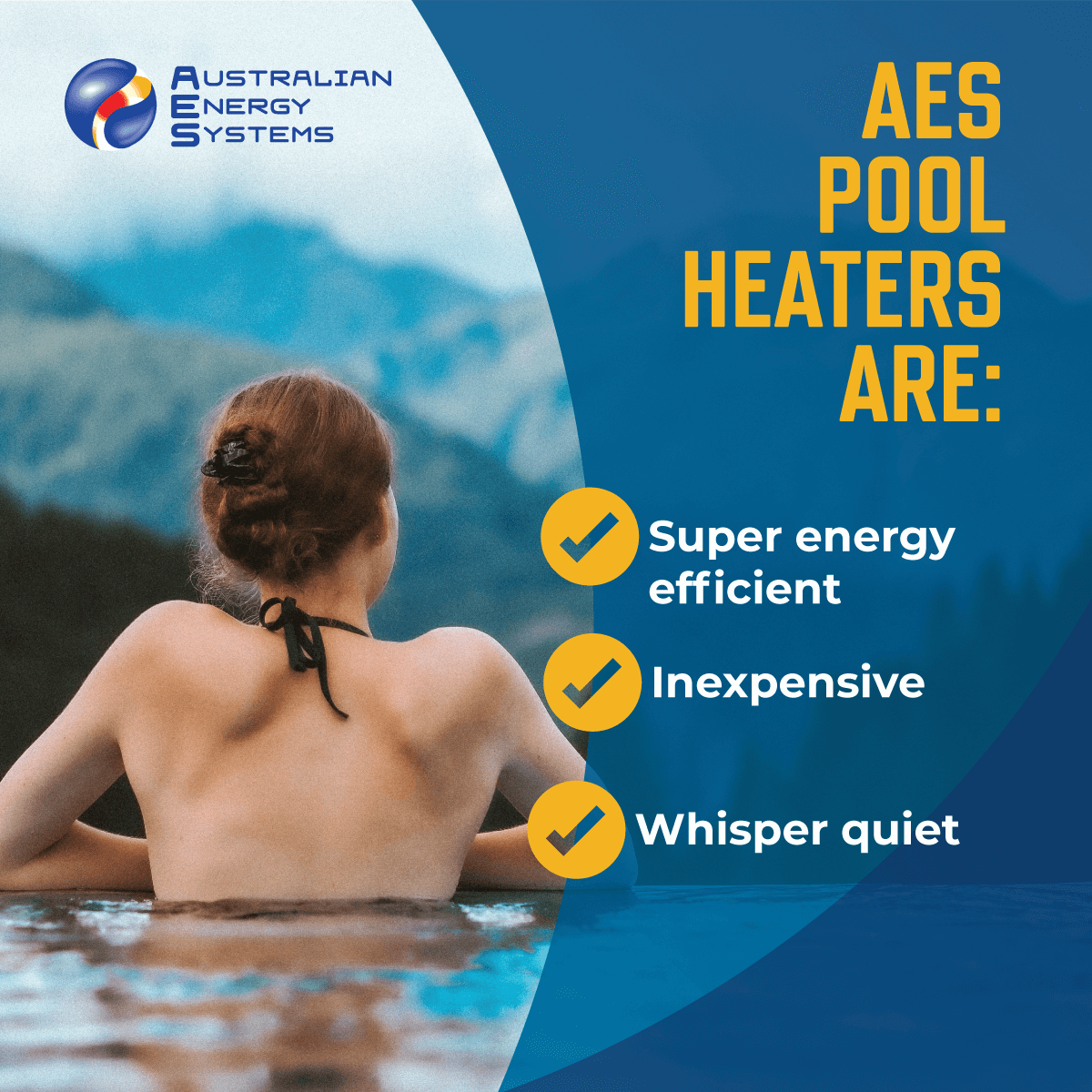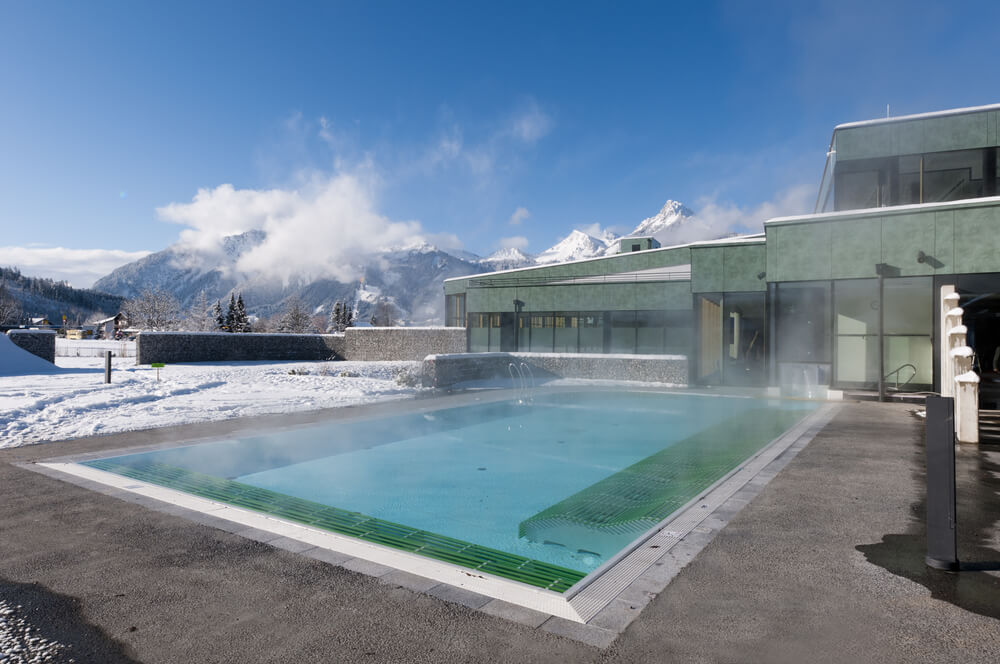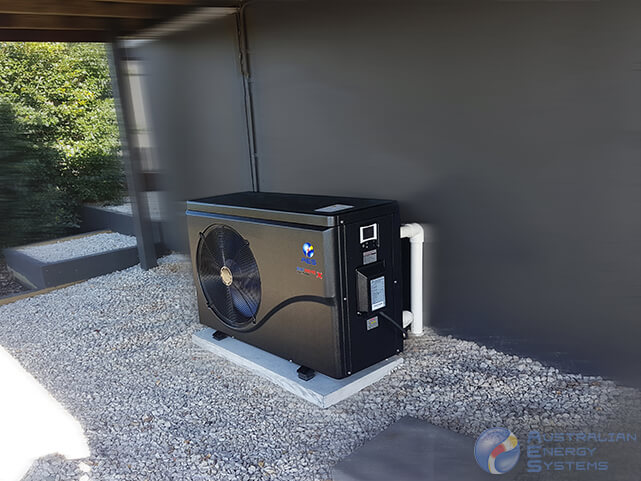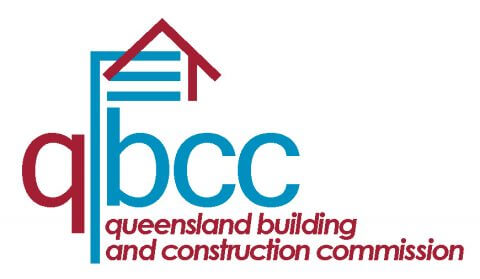Having a swimming pool in Australia, particularly in Queensland, allows you to potentially swim for 50-70% of the year; however, as the weather starts to cool down, the question of how to keep our pools comfortably warm arises.
Solar pool heaters and electric heat pumps are two popular pool heating options. Both have distinct advantages and disadvantages, so it is necessary to weigh the benefits and drawbacks before deciding.
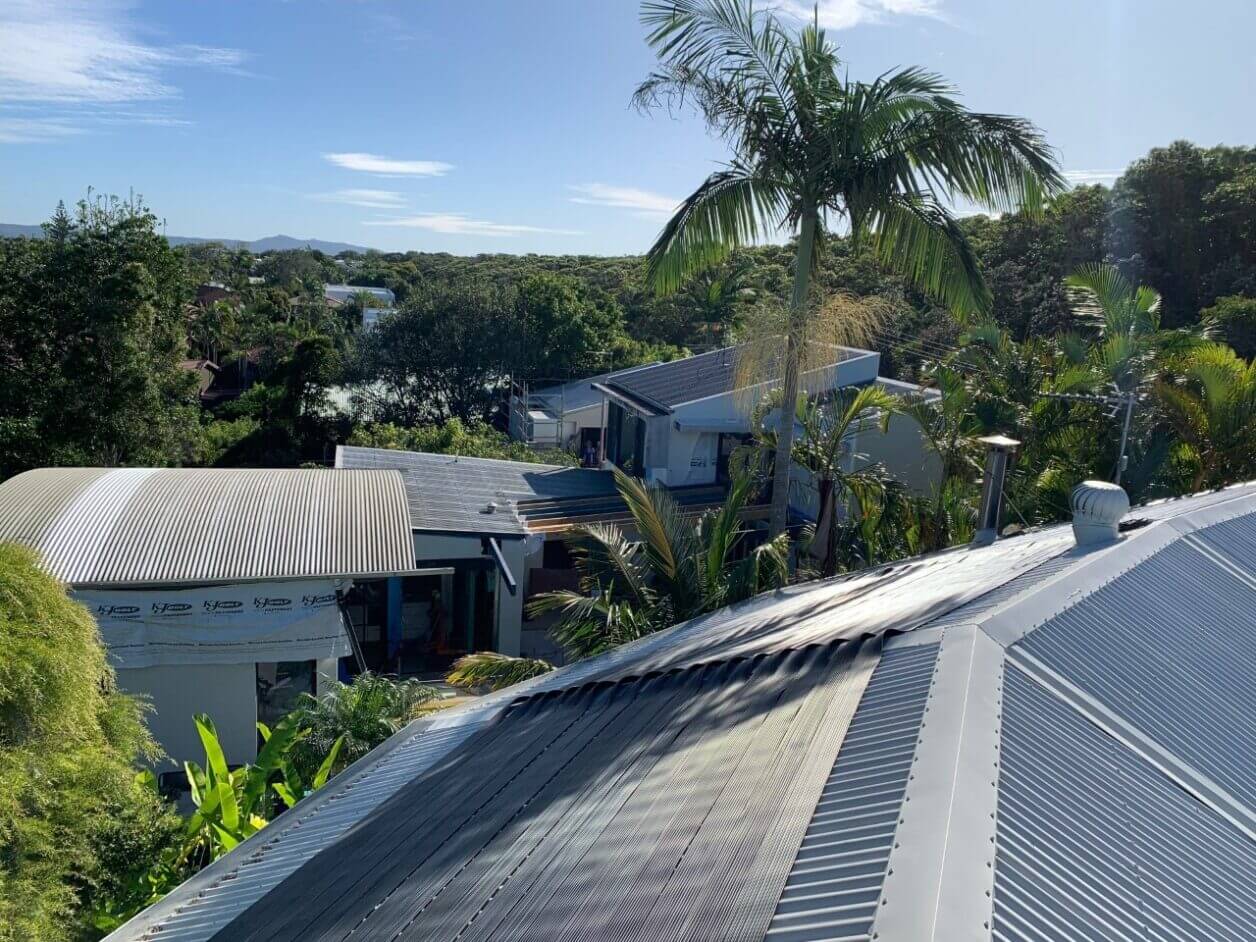
Solar Pool Heating:
Pros:
- Environmentally friendly: Solar pool heating systems use the sun’s renewable energy, which significantly reduces carbon emissions when compared to traditional heating methods.
- Cost-Effective Operation: Because solar heating systems use sunlight to heat the water, they have low operating costs once installed.
- Longevity: With proper maintenance, high-quality solar matting can last 10 years or more, resulting in long-term cost savings.
Cons:
- Potentially higher maintenance costs: Installing solar heating can be less expensive than other heating options, however, yearly maintenance is required.
- Weather Dependence: Because solar heating systems rely on sunlight, they are less effective on cloudy or rainy days, as well as overnight.
- Space Requirement: Adequate roof space is required for solar pool heating installation, which may not be possible for all properties, particularly those with existing PV panels.
- Solar pool heating will only extend your swim season; it will not heat your pool during winter.
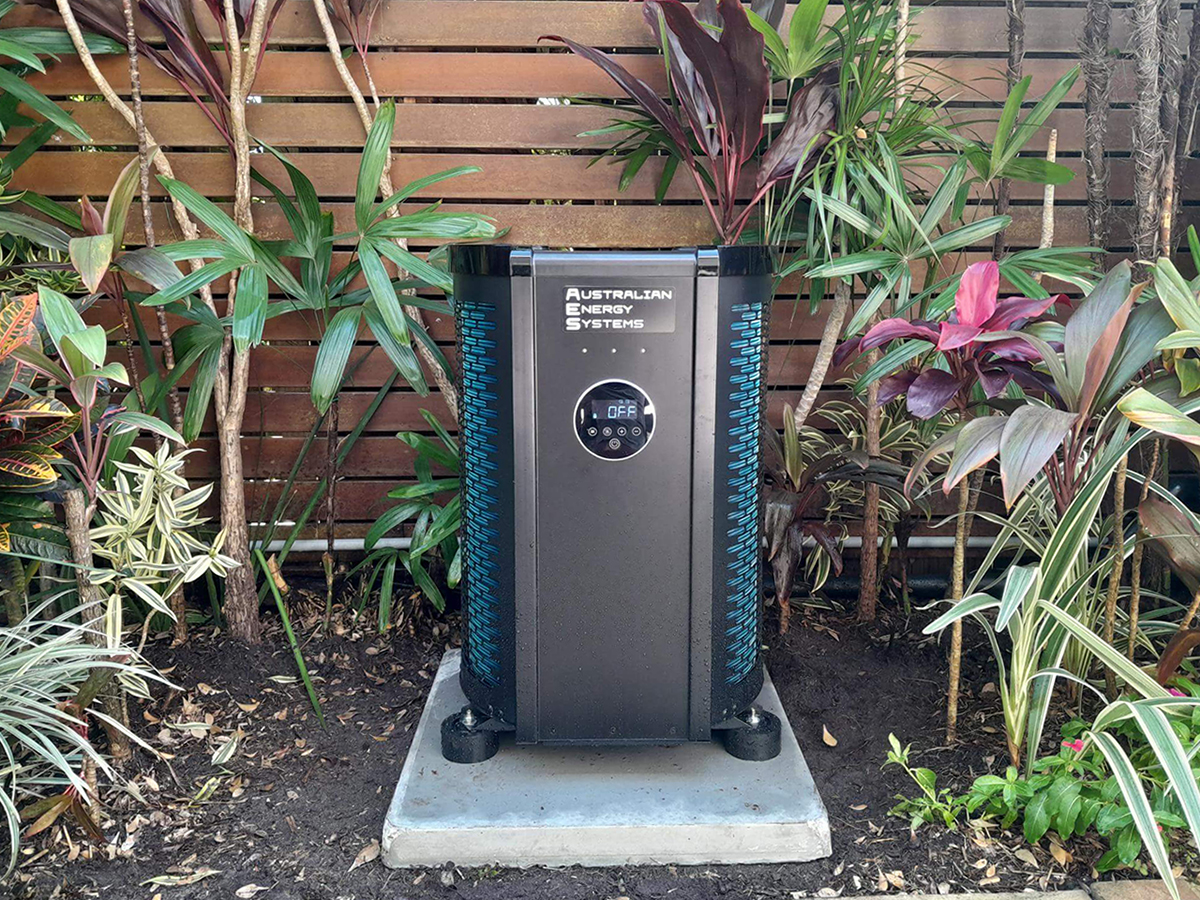
Pool Heat Pumps:
Pros:
- Reliable Performance: Electric heat pumps can efficiently heat pool water regardless of the weather or time of day.
- Space-Saving Design: Heat pumps are compact and can be installed in smaller spaces, making them ideal for homes with limited space, particularly the new TDI Range with vertical exhaust (pictured above).
- Quick Installation: Compared to solar matting, electric heat pumps typically take less time and effort to install.
Cons:
- Higher Operating Costs: Because electric heat pumps use electricity, they can be more expensive to run than solar heating systems, especially during peak energy demand periods.
- Environmental Impact: Although electric heat pumps are more efficient than traditional heating methods, they still consume electricity and have an impact on the environment.
- Lifespan: Electric heat pumps typically have a shorter lifespan than solar matting.
Both solar pool heating systems and electric heat pumps have their advantages and disadvantages. The decision between the two is based on how you want to heat your pool and how you intend to use it.
The upfront costs, space availability, environmental considerations, and climate conditions are other important factors to consider.
Consult with one of our professional pool heating experts to determine the best option tailored to your specific needs and preferences, ensuring many enjoyable swims in comfortably warm waters for years to come.
Click to enquire about the right heating option for your pool today!

